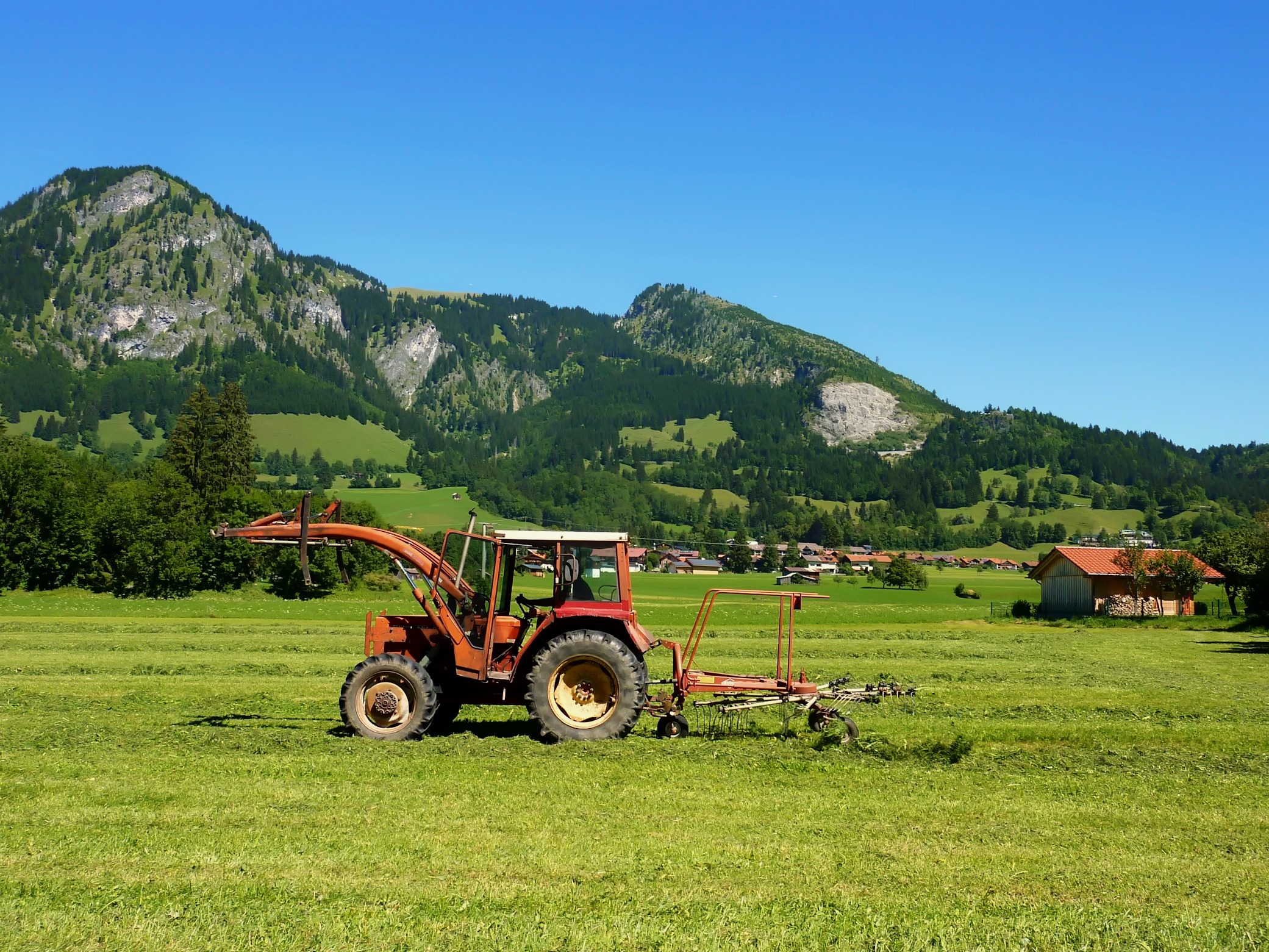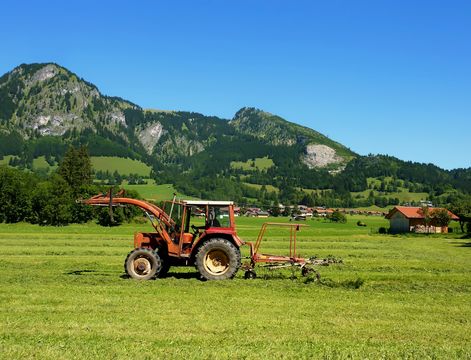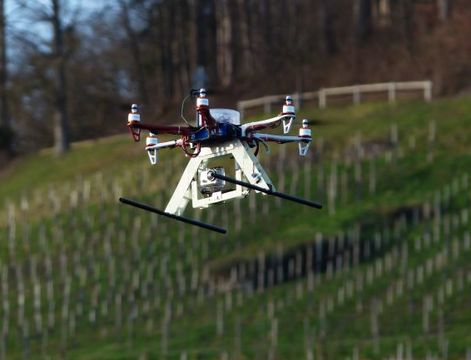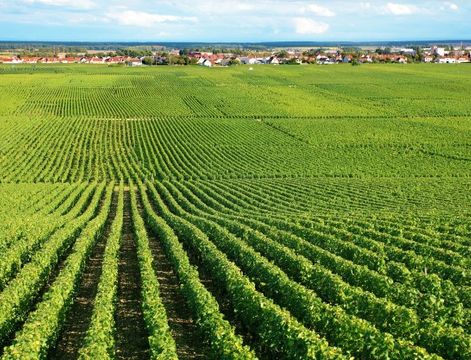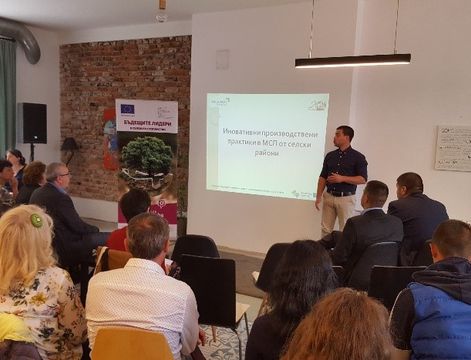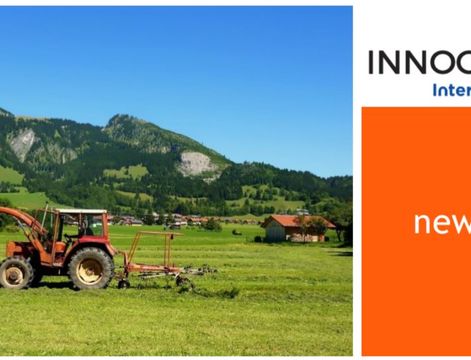Here, Venelin Dobrev from Stara Zagora Regional Economic Development Agency presents news from the 1st semester activities of the INNOGROW project in Stara Zagora Bulgaria.
More precisely, Venelin presents:
1. News from the progress of INNOGROW activity A1.2, i.e. identifying successful new business models for rural economy SMEs.
2. News from the 1st INNOGROW regional stakeholder meeting in Bulgaria, which was held in September 27 2016.


